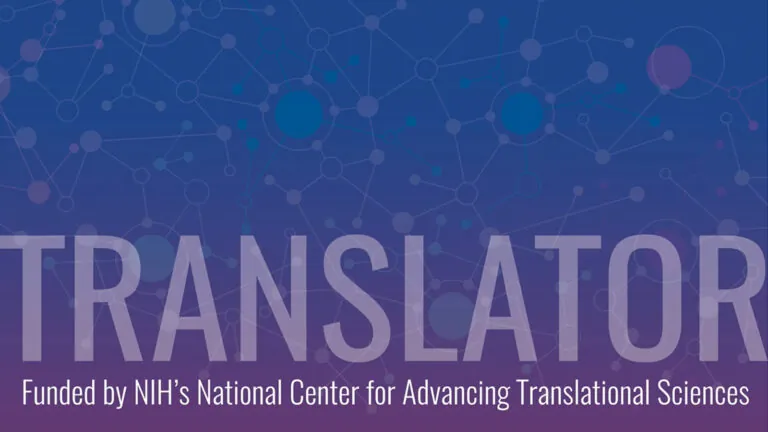
RECOVER 2.0: New Insights and Next Steps in Long COVID Research
Researchers from the NIH-funded RECOVER study shared new insights on the risks of Long COVID, autoimmune links, and upcoming clinical trials during ISB’s July Town Hall.
Filter
Sort

Researchers from the NIH-funded RECOVER study shared new insights on the risks of Long COVID, autoimmune links, and upcoming clinical trials during ISB’s July Town Hall.

The Biomedical Data Translator is now publicly available, offering a powerful open-source platform that integrates diverse biomedical datasets. Designed to accelerate discovery and patient care, Translator helps users explore complex data and uncover actionable insights with ease.

In a Research Roundtable presentation and Q&A, ISB President Dr. Jim Heath shared how his team is using generative AI to unlock new understanding of human immunity, and how these discoveries could help predict disease severity, improve cancer therapies, and more.

Just-published research out of ISB shows the microbial teamwork behind denitrification can collapse in polluted environments, threatening ecosystem balance and resilience.

In the May/June installment of the 2024-25 academic year roundup, we highlight recent funding news affecting the ISB Education team, as well as how our programs have affected students, teachers, and principals.

ISB Professor Sui Huang challenges the long-held belief that genetic mutations primarily drive cancer, offering a fresh perspective that could revolutionize how we think about and treat this complex disease.